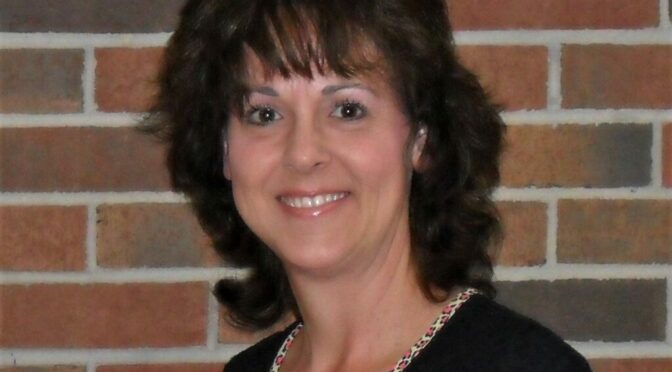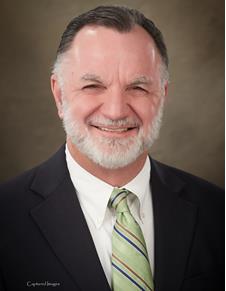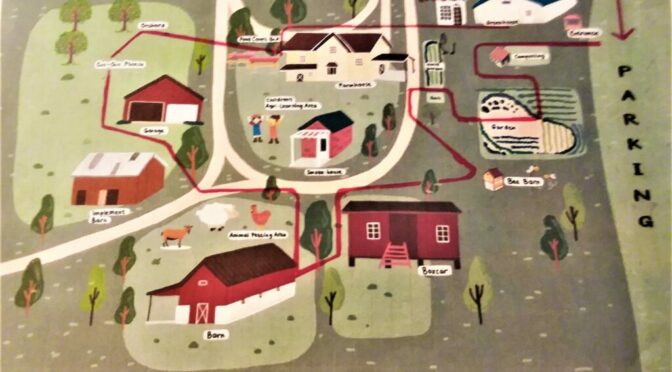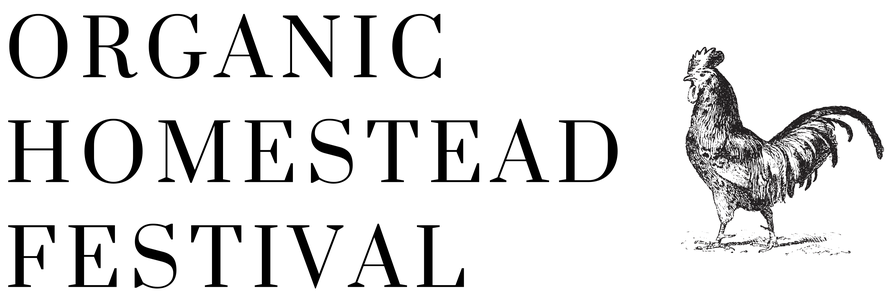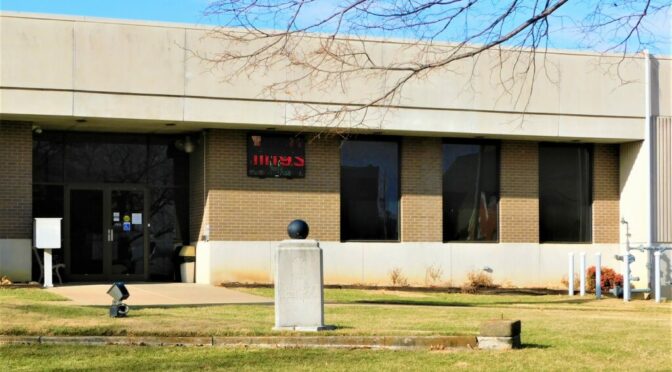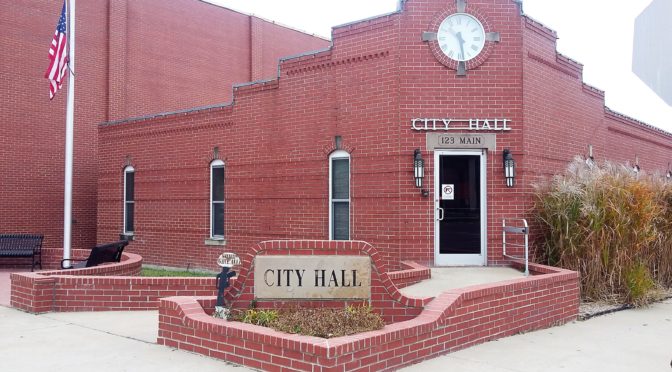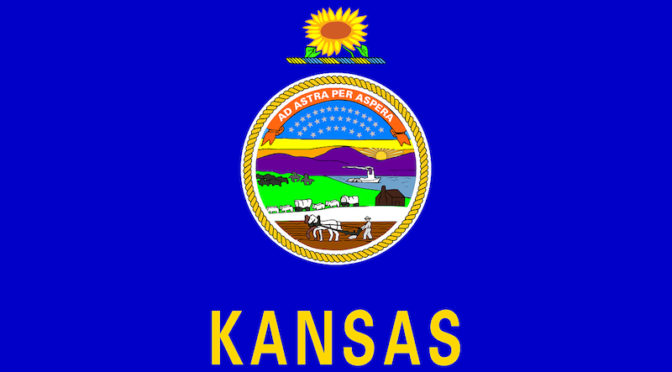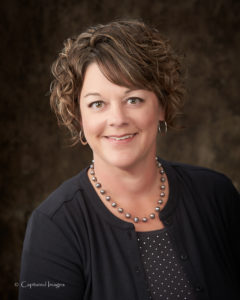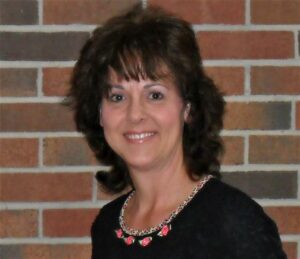
Keys to the Kingdom by Carolyn Tucker
The sound of music — there’s nothing like it! It’s powerful enough to uplift your mood if you’re down in the dumps. The evil spirit that plagued King Saul would utterly vanish when young David played his harp for him. The day God created me, He threw in a little of this and a little of that. But He poured in a gallon of musical sauce that’s still seasoning my life. As a kid, I heard a beautiful song that has stuck with me for 56 years. “What the World Needs Now is Love,” written by Hal David (lyrics) and Burt Bacharach (music), was released by recording artist Jackie DeShannon on April 15, 1965.
The other day I was discussing this particular song with a musician friend and the word “timeless” came up. Because the world needed love, God provided it through what His only Son did at Calvary. And then from the cross Jesus said, “It is finished.” He accomplished His part, so now it’s in the hands of believers all over the world to love their neighbor. It’s pert near impossible to truly love others if the love of Jesus isn’t inside you. And even then, it can be a gargantuan challenge if the other person has a scratchy personality.
Sometimes I cut the tag off of my clothing because it’s scratchy and irritating. Some people are like tags, but you can’t just cut them off. We must learn to deal with them and love them like Jesus would. Books have been written on how to love people you don’t like, but none are better than the Bible. “Put up with each other, and forgive each other if anyone has a complaint. Forgive as the Lord forgave you” (Colossians 3:13 GW). That’s a tall order, but Christians aren’t called to just love the lovable.
Songwriter Hal David was inspired to pen these enduring words: “What the world needs now is love sweet love. It’s the only thing that there’s just too little of. What the world needs now is love, sweet love. No, not just for some, but for everyone.” The world still needs the timeless God-kind of love that emanates from believers. Here’s a red-letter scripture from the mouth of Jesus that’s sure to be a challenge for all of us who are followers of Christ: “Love your enemies! Do good to them. Lend to them without expecting to be repaid. Then your reward from heaven will be very great, and you will truly be acting as children of the Most High, for He is kind to those who are unthankful and wicked. You must be compassionate, just as your Father is compassionate” (Luke 6:35,36 NLT).
Have you ever wondered how to obey God’s command to love someone you can’t stand to be around? As usual, Jesus is our example because He practiced what He preached. In John Chapter 13, Jesus knew the time had come to ascend back to the Father. He loved all His disciples in the highest degree right to the very end. By now, the devil had Judas Iscariot firmly in his grip and everything was set for the betrayal. After supper, Jesus set aside his robe and put on a servant’s apron, poured water into a basin and began to wash the disciples’ feet. If we had been in Jesus’ sandals, we might have chosen not to wash Judas’ feet. But Jesus did the right thing by not showing partiality and demonstrating His boundless love to that scratchy disciple. We can choose to love like that too.
The Key: I can do all things through Christ who strengthens me (Philippians 4:13 NKJV).
